Yesterday GameJolt emailed a lot of people saying that their game was removed because the site’s new policy bans any game that “depicts, solicits, promotes, normalizes, or glorifies sexual acts, sexual solicitation, and sexual violence“.
I got an email too for F2OGGY (Only one survives!). This seemed like an obvious error to me because this game has 0 depiction of anything sexual.
The game Curtain also received this notice…
Source: https://twitter.com/ldreamfeel/status/1478065400286007304
Curtain is a brilliant and critically acclaimed work of art that interrogates abuse. It’s far from a porn game.
“CURTAIN is an interactive first-person narrative about Kaci & Ally, two queer women in a Glasgow punk band, which gives you a first hand experience of their destructive relationship.”
Both I and the developer behind Curtain tweeted about our game being removed:
https://twitter.com/ldreamfeel/status/1478065400286007304
https://twitter.com/alienmelon/status/1478078293987389442
…This new policy obviously came out of nowhere, mostly harming queer work (as is expected of such policies).
This is unexpected for a storefront that used to say it was opposed to such harsh policies. I will explain my relationship and history with GameJolt later in this post, and I think this context is very important to this discussion.
GameJolt did respond and restore our games (the two mentioned in the tweets above). Although other work remains impacted and removed by this policy. From what I can see, it’s still mostly queer work.
For example, my timeline on Twitter has been a stream of things like this:
Source: https://twitter.com/ThanaOrchard/status/1478188573257986049
I’ll state what most people on Twitter have already said…
Lumping such work (even work like a “Pissing Simulator”) all into the category of “porn” is harmfully reductive.
There is a vast history of work in the game space that interrogates sexuality, intimacy, vulnerability, navigates the complicated nuance of sex or sexual identity, and even addresses issues of sexual violence in constructive ways that facilitate a discussion or create awareness.
What could be crudely reduced to “sex games” or “porn” is a vital part of why games are an art form. These types of games are mostly pioneered by queer (trans, gay…) developers who explore their own lived experiences in their work.
There is so much work like this that an event like IGF could easily have it’s own category for it and it would never get boring.
Painting work like this as “porn” is harmful. Not only for how it further stigmatizes queer identities, but also for how such insensitive generalizations tend to set the medium back.
Even AAA games feature sex, sometimes well sometimes fairly horribly (misogynistic, or truly platforming sexual violence). It is unfair to hold indies to a standard that AAA doesn’t get held to.
Even so (and this argument has been made very often when defending sex in games): We allow tremendous amounts of violence in games. Why is love so controversial?
GameJolt’s email states a game that “depicts, solicits, promotes, normalizes, or glorifies sexual acts, sexual solicitation, and sexual violence” will be removed, but it’s exactly this type of generalization, and who it usually targets, that becomes harmful.
On the surface, it may sound like they are taking a stance against (maybe) a “rape simulator” (for example), but this isn’t the work that I’m seeing affected.
Like I said, there’s a very large and important history of games that discuss the issues, identities, and topics surrounding sex.
Bellow I’m featuring some examples of popular games that address sexuality, sex, nudity, or discuss sexual abuse… to illustrate that calling all this “porn” is harmful to the diversity of stories we tell in the medium:
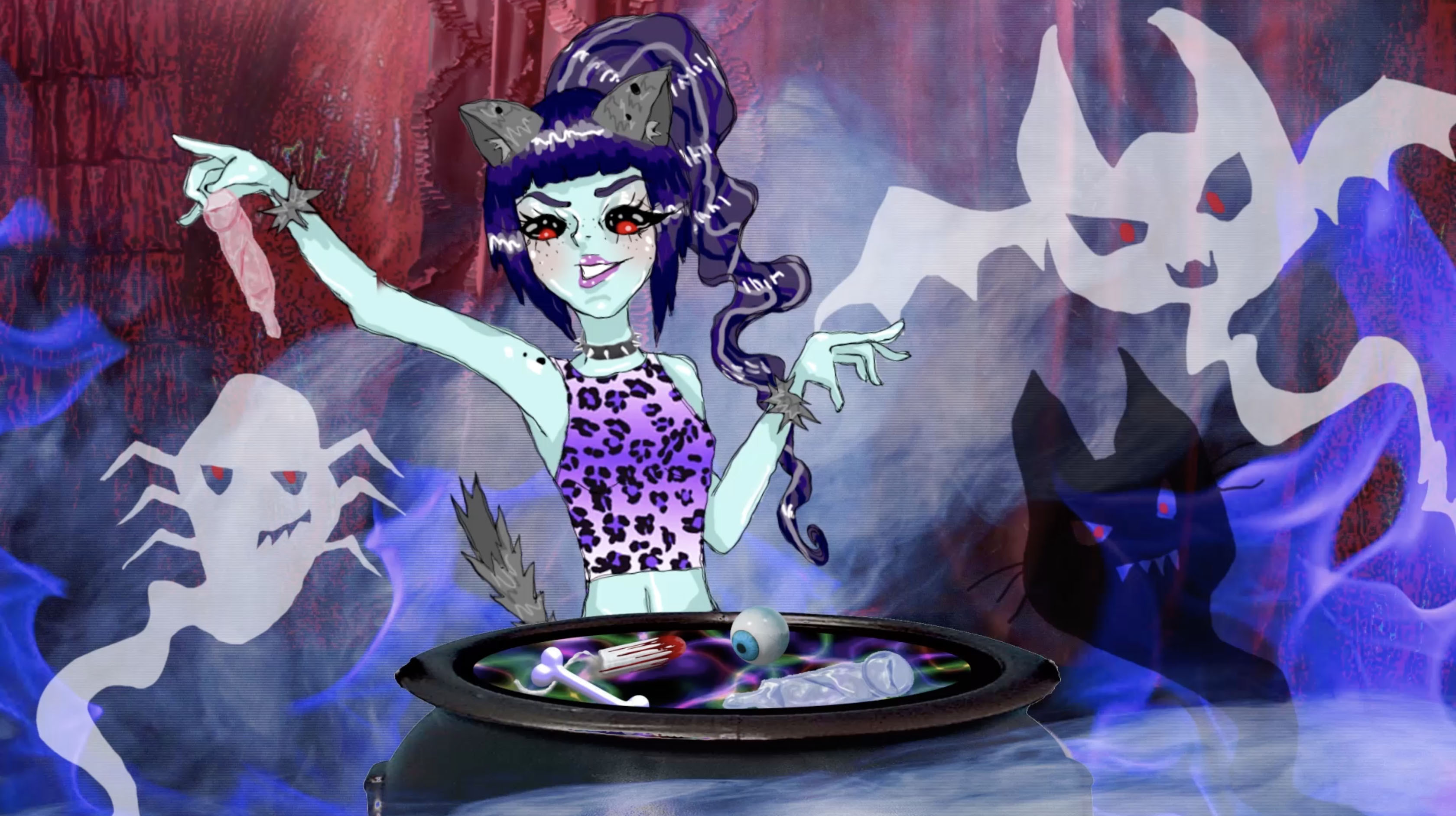
Nightmare Temptation Academy
“Nightmare Temptation Academy is a dating-simulation/choose your own adventure/roleplaying game and rap musical. The game is set in high school in an alternate universe at the end of the world. Visual tropes from anime, videogames and early 2000’s digital culture are referenced and remixed to evoke nostalgia and further allegorize the uniquely Millennial adolescent experience of apathy, desensitization, and confusion caused by first-generation internet addiction and media oversaturation.”
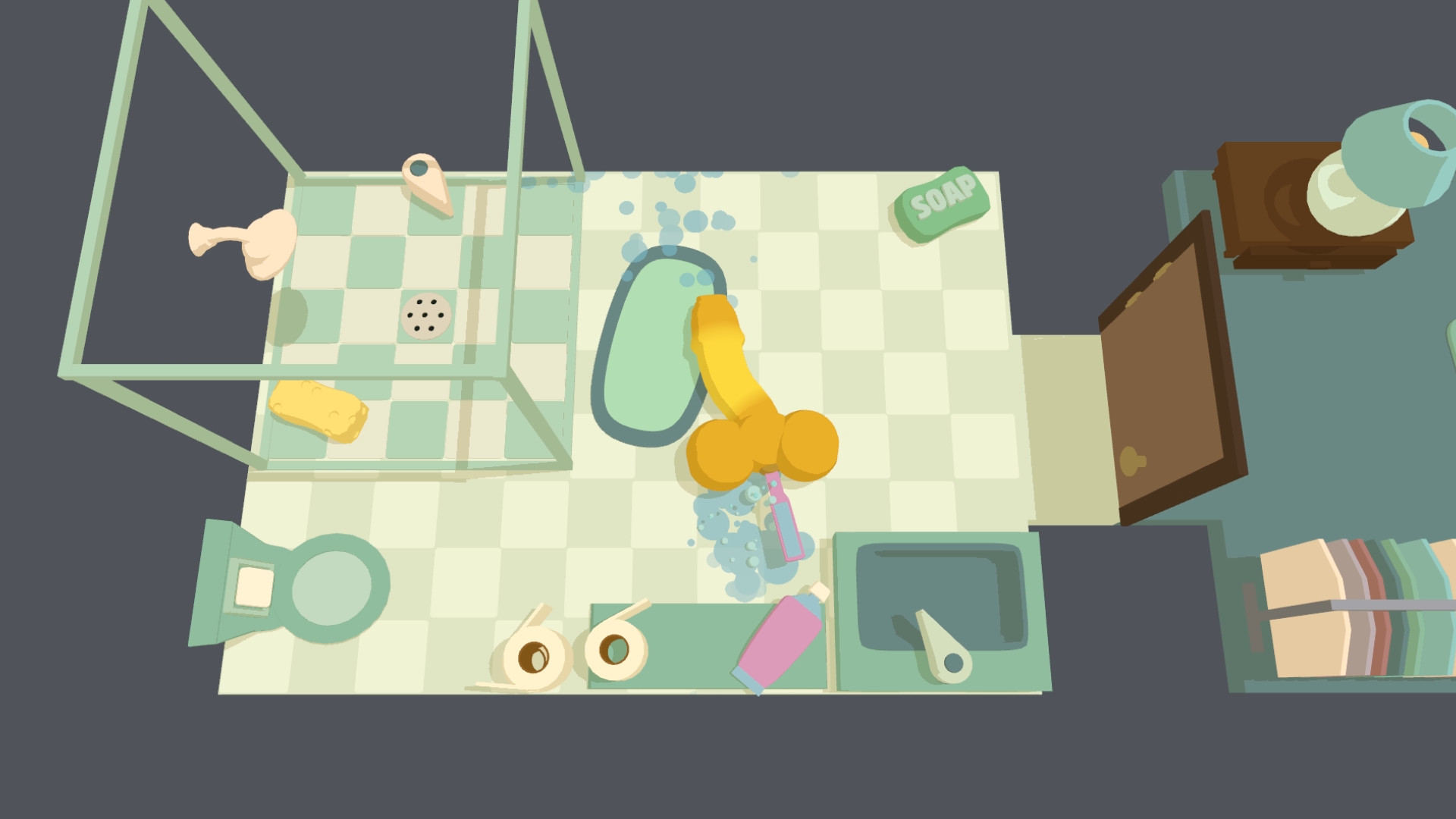
Genital Jousting
“Genital Jousting tells the story of “John”, a penis who needs to find a date for his high school reunion. Genital Jousting is also an online and local multiplayer party game about flaccid penises and wiggly anuses for up to eight players at once.”
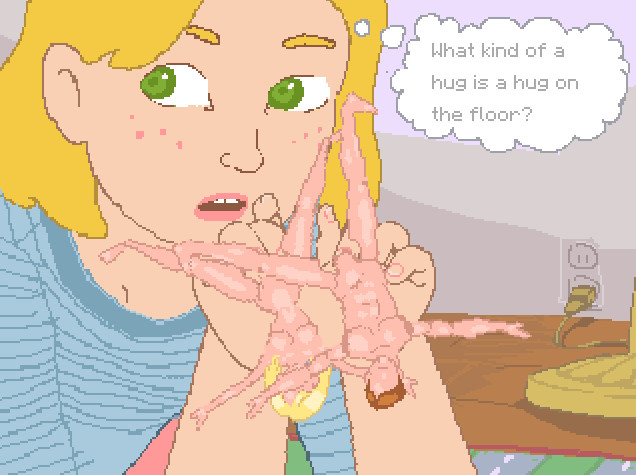
how do you Do It?
“”how do you Do It?” puts players in the role of an 11-year-old girl whose mother has just stepped out for an errand. The girl immediately grabs her dolls and furtively attempts to figure out how sex works using these plastic surrogates.”
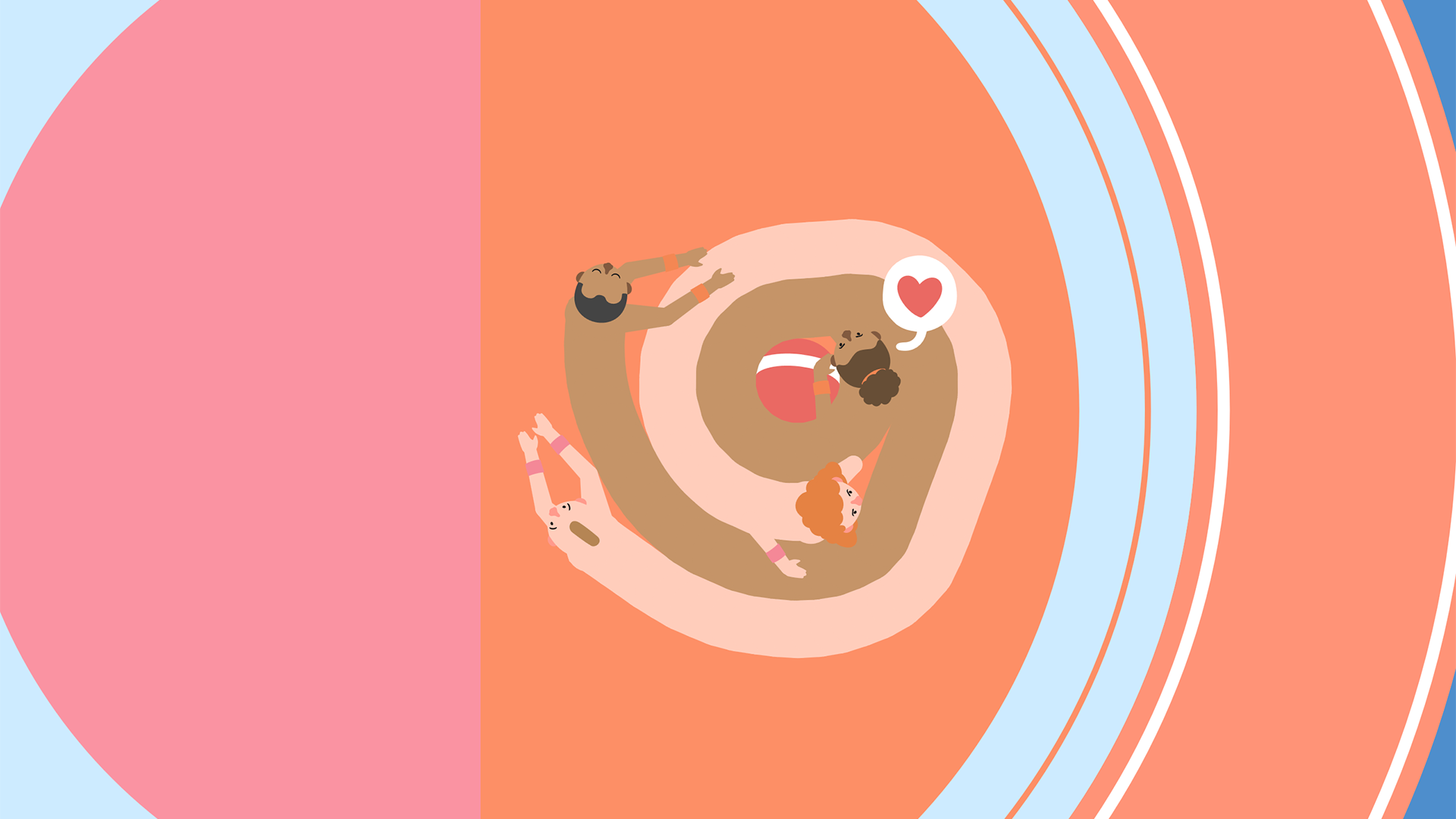
Push Me Pull You
“Push Me Pull You is a sports game for 2–4 players.
Joined at the waist, you and your partner share a single worm-like body as you wrestle your opponent for control of the ball.
It’s a bit like a big hug, or playing soccer with your small intestines.
With every action affecting both you and your partner (and mandatory shouting) PMPY combines the best parts of co-op multiplayer with the worst parts of your last breakup.”
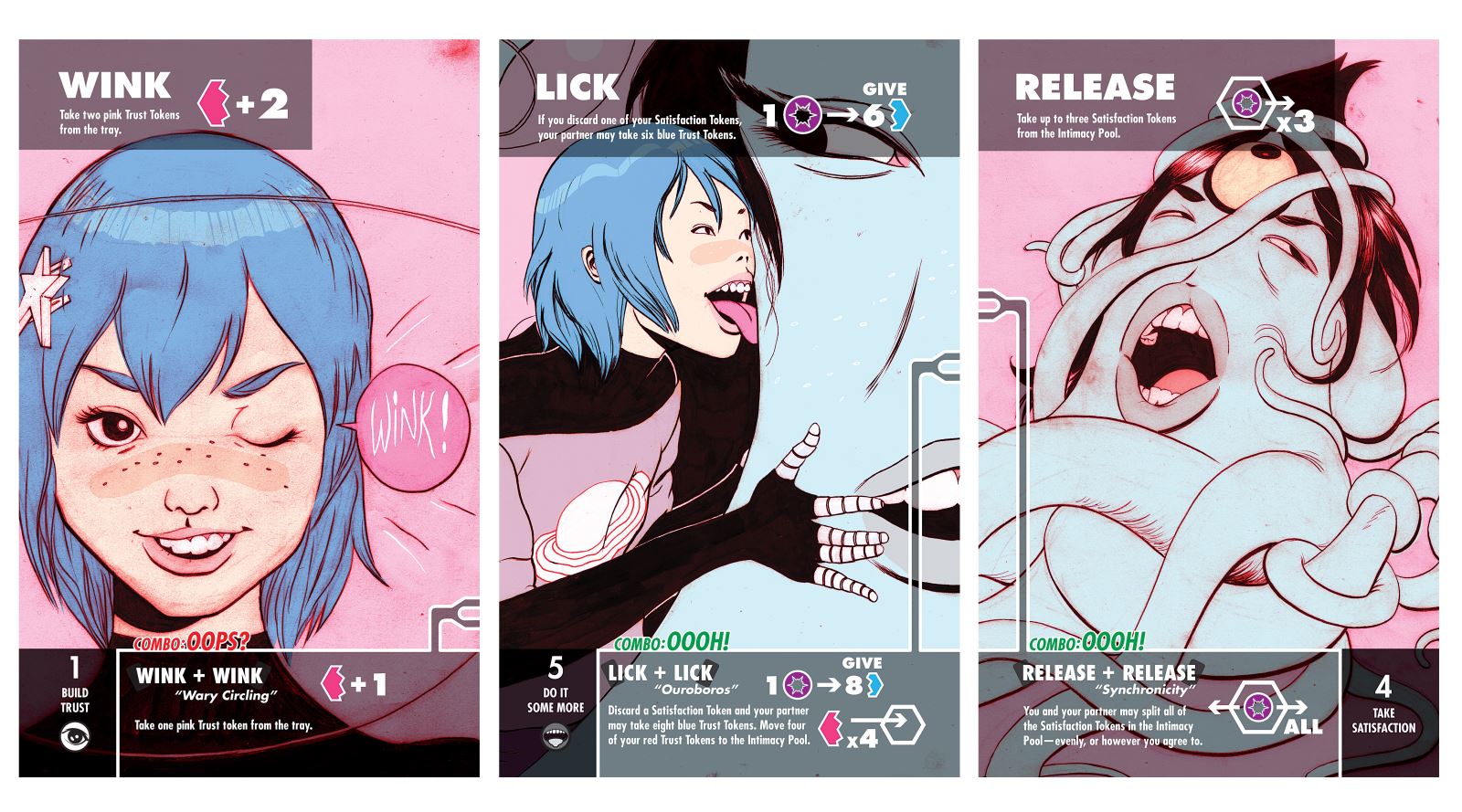
Consentacle: A Card Game of Human-Alien Intimacy
“Consentacle is a game where you and a partner help a tentacled alien and a curious human have a mutually satisfying romantic encounter. No further printings are planned, and the first run is sold out. Print and Play edition available at the link below!”
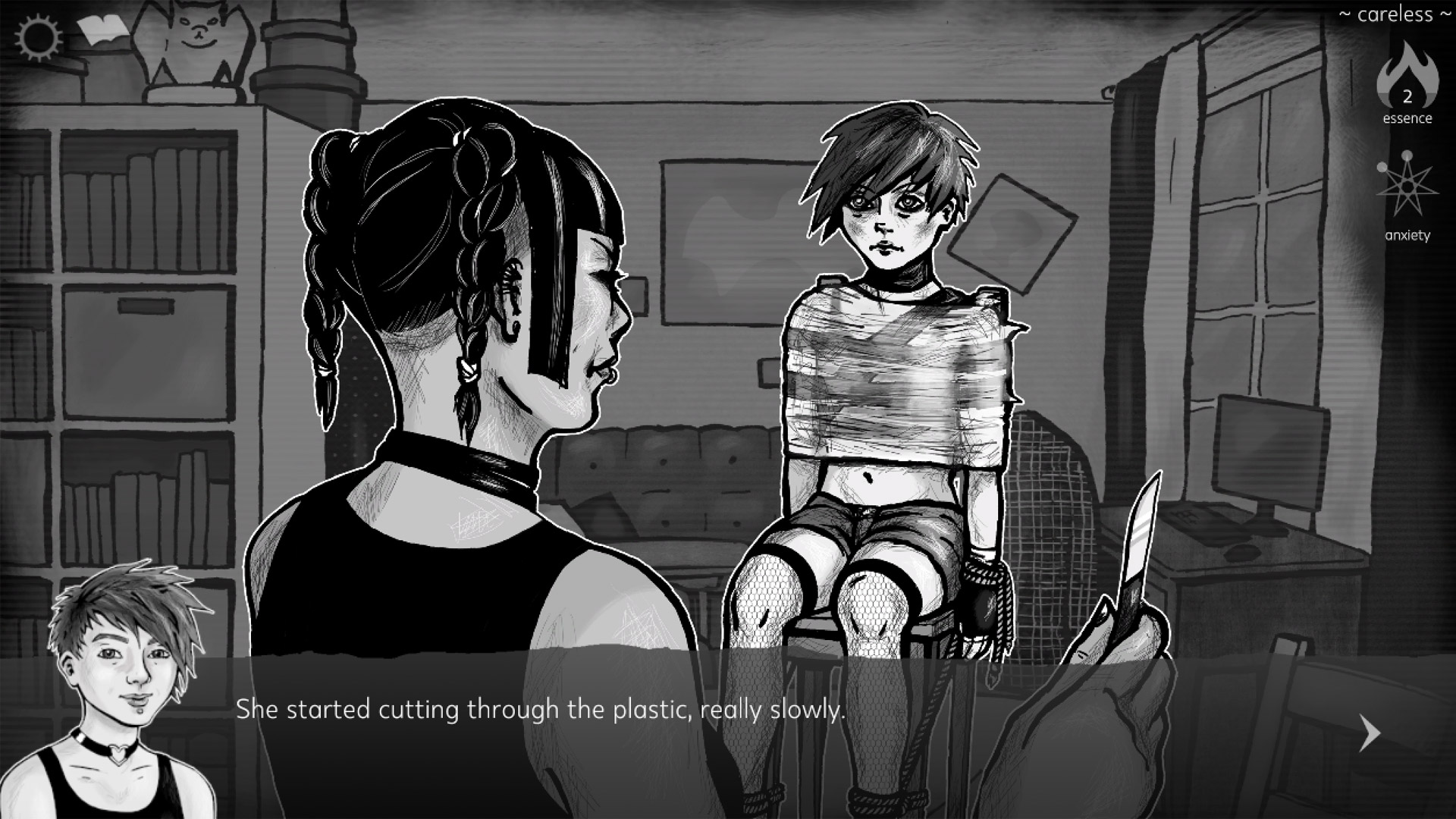
Knife Sisters
“Knife Sisters is a dark, explorative, and erotic visual novel about emotions, power and dependence. Follow Leo during six intense weeks of budding emotions, occult rituals, and consensual kinky sex. Date three different characters to explore aspects of being dominant, submissive and switch and let Leo develop as a person.”
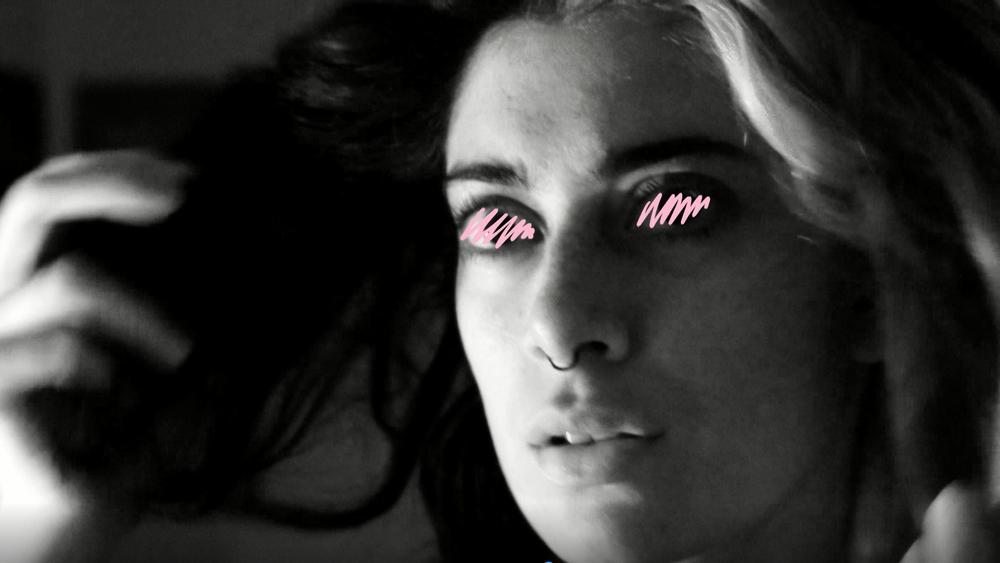
after HOURS
“after HOURS is a vignette, FMV game, that allows players a glimpse into the life of Lilith Gray – a young woman who was molested as a child and suffers from Borderline Personality Disorder as a result. By spending a night alone with Lilith in her bedroom and subsequently, her head, players learn Lilith’s story by adopting a double gaze: that of the player witnessing Lilith’s story and piecing together why she behaves and responds as she does and to an extent, the gaze of Lilith herself.”
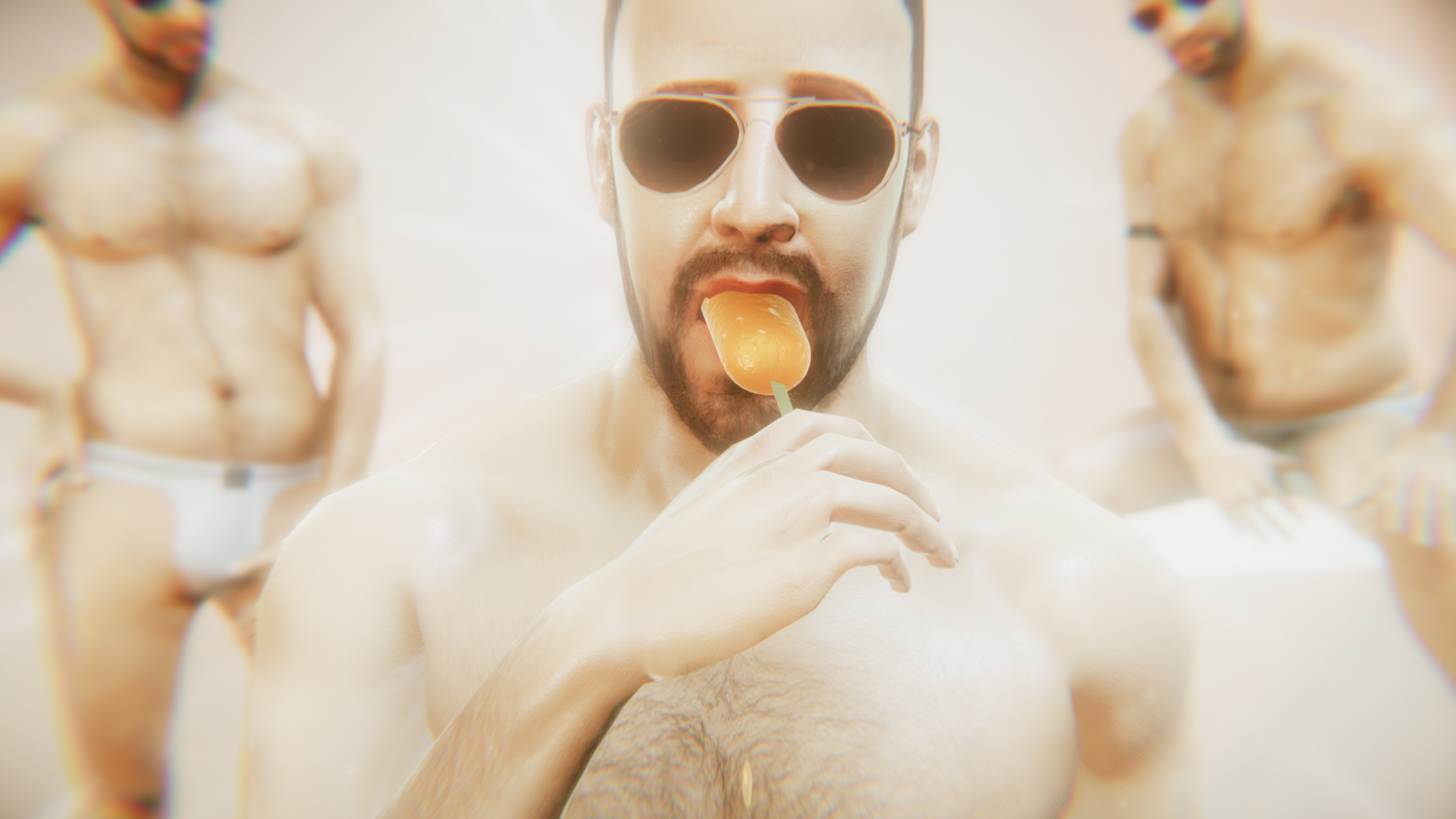
literally anything by robert yang
“Robert Yang makes surprisingly popular games about gay culture and intimacy. He is most known for his historical bathroom sex simulator The Tearoom and his homoerotic shower sim Rinse and Repeat, and his gay sex triptych Radiator 2 has over 150,000 users on Steam.”
Since this has blown up over Twitter, GameJolt insists that this is to make the site safe for 13-16 year olds. For example…
Source: https://twitter.com/daffodildil/status/1478136187105644545?s=21
The last image is an animated gif of a guy yelling “I’m an adult”…
Valid criticism levied toward their decision not to include things like filters, or age restrictions, are met with sassy animated gifs.
To me this is a bad look. It’s horrible to watch and feels like a betrayal to the values and people the site was said to support.
For example, when my games were being removed from the App Store because of Apple’s policy changes, I wrote a blog post about why they were disappearing.
GameJolt reached out to me and asked if they can cross-publish the post on their site. I said yes. The post is here: https://gamejolt.com/p/why-my-games-are-disappearing-from-the-appstore-x7rkzrm4
So, that said, this all seems very out of character. It’s a complete contrast to the type of work and people they encouraged to participate in the first place.
My own history, relationship with GameJolt, and context…
I’ve been on GameJolt for eight years now.
At first I didn’t want to upload anything. I was self-hosting my games at the time.
When Tetrageddon.com was an IGF Finalist, and I was showing it at GDC, someone that worked for them (that handled curation at the time) approached me and asked if my work was on GameJolt. I told him no. He told me that I should upload something and if I do that they would feature it.
So I did. It was massive. The game (a Flash game named FROGGY) was streamed by all sorts of streamers. People followed me on Twitter and I enjoyed a lot of enthusiasm for the game.
After that, I would occasionally upload something. They would occasionally feature it.
When I posted Anatomically Incorrect Dinosaurs to the site, they featured that too. It was because of GameJolt that the game became a viral sensation with Streamers. Everyone played it (from CinnamonToastKen to Vinesauce). It was international. It seemed like people would never stop streaming it. It took forever for the interest to die off.
GameJolt would regularly invite me to showcase at their GDC parties. FROGGY even had a drink dedicated to it at one of their parties. When GameJolt had it’s first GDC booth they invited me to show my work there.
Their support was always massive.
When GameJolt announced that they would launch their own storefront, they asked me to be one of the first games there. I was working on the Steam version of Tetrageddon.com at the time. I decided to forfeit Steam and make this GameJolt exclusive.
The game didn’t make much money, but the sense of being part of something that stood for something (positive change) was more meaningful to me.
They asked to cross publish a few of my posts. They even did an interview with me that they posted on their Fireside blog.
When they announced that they would allow for custom pages and custom CSS they even invited me to do something and featured my art in the post’s header.
It felt like I didn’t need Steam. I didn’t need to be afraid of hostile player bases because, between itch.io and GameJolt, it was all like a warm fuzzy confident trust fall. Work like mine, or work like what I mentioned above in this post, seemed forever welcome.
I eventually started uploading to itch.io too. I got burned pretty bad investing a lot of resources into the AppStore, just to fight with them so… I have always hosted my work between the two sites, not wanting to be part of mainstream sotrefronts anymore.
This was their promise too. That they were truly different.
I encouraged friends to submit to GameJolt. Telling them about my positive experiences and the support they gave me.
When I went to IndieCade or GDC we would regularly hang out too.
When I came forward about my sexual assault, they connected me with a lawyer that helped me out in a massive way. My rapist disappeared off social media. I didn’t go broke fighting him. A big reason why I was able to get through that was because of their help.
So, you see, to me this is all very shocking. Their decision, and the way they have been acting over Twitter (replying to criticism from people most harmed by such decisions with sassy animated gifs), really seems out of character.
Then again, I don’t know how to trust people in the game space anymore… I keep being given reasons not to… but that’s another discussion entirely.
All that said… The way this has been handled is very bad. It really feels like they have turned their back on the people they said were welcome.
It’s like they are becoming exactly what they once said they were an alternative to.
I can understand restrictions, that maybe there are laws, issues with the credit card companies and things that can be called “pornographic”, or maybe China’s policy change toward LGBTQ games… But out of the blue pulling the plug on people’s work, arbitrarily deciding what is and isn’t porn, and doing so under the guise of “this site is for kids”… That people complained about “these games” so “we are finally getting rid of them” is just… harmful on a lot of levels.
The phrasing in the email where they say “normalizes” sexual acts, is truly puzzling. What is abnormal about sex? Why all this so suddenly and without warning?
I think it is intrinsically immoral for a company to boast that it is LGBTQ welcoming but (basically) ban sexuality. It is the LGBTQ space in games that are responsible for most of the games unpacking sex and sexuality. To ban sex games, lumping them all under “porn”, is basically banning queer devs.
You can look to Robert Yang’s work and how that has been targeted.
Steam has a large base of teenagers too. I could joke that it’s almost a problem, but Steam backpedaled on stigmatizing queer games (arguably, but they are allowed). Sex games are allowed now.
The only store that really does this is Apple, and it’s hardly the move you would want to make if you want to cater to indie developers. The only way this has ever worked is if it’s done by very established monopolies that own the devices games are played on.
When you choose to ban sex games, you are essentially dictating the type of art allowed. For example: “Female ‘orgasm simulator’ game BANNED from Apple’s app store for being too raunchy” is the type of headline we are unfortunately too used to hearing. Love was the first type of expression to suffer under in the App market.
These type of decisions are less about curation and become more about control. Who decides what is pornographic and what is indecent? Is it two gays kissing? Trans devs talking about how they discovered their body? Stories about navigating abuse? Stories about same sex love and navigating all these complex things? This is the work that suffers the most under such restrictions. You are deciding what human expression can be part of art.
If you want to cater toward teenagers, fine, but suddenly pulling the rug out from under everyone that invested their work into your platform is tremendously unfair.
You can’t say that we, all the experimental devs and all the work that this entails, are welcome and then suddenly decide that a large portion of us are deviants that are “finally gone”.
It’s betraying the base that trusted you to be an alternative.
I really hope that GameJolt reconsiders how they are approaching this, and their approach to talking with concerned devs over Twitter (less sassy animated gifs and more sincerity)… but I have a hard time seeing how you can come back from something like this.
My own trust in the site is gone, especially seeing how they were tweeting at people about it.
I’ll be putting together a guide for self-hosting games. It’s not an ideal thing to do, but maybe we should start talking about decentralizing indiegames.
When you are at the mercy of one single policy change that can wipe out a history of queer or sex games… maybe we need to talk about who we rely on.
serious question: should we be worried about https://t.co/TmYxU8FKEx too?
it kinda feels like putting all your eggs in one basket at this point. if they changed a policy like this it could literally destroy queer & art games…
— Nathalie Lawhead (@alienmelon) January 3, 2022
All this said, I made a thread here voicing concern for itch.io (if relying on them is putting all your eggs in one basket or not). I’m not the only one that feels like, if something happened to itch.io, then it would wipe out the queer and art game scene.
I want to see alternative sites like that supported, at least so things are not so precarious. Our work, and our history of these games, deserves to be safe… but our structures keep failing us.
I’m ending this post linking to other threads about this:
Hey @gamejolt after your recent policy change disproportionately affecting queer devs and games that have to do with sex and sexuality, i will not be using your platform, and will be encouraging my network of gamedevs to do so as well unless something changes.
— daffodil (@daffodildil) January 3, 2022
Not to contribute to This Particular Bit Of Discourse, but what a profoundly confused rebuttal. pic.twitter.com/lSWUeysnnn
— Dana (Still Spooky) (@danana_dread) January 3, 2022
I'd go further and argue that GameJolt's sex ban, like so many attempts to legislate sexuality in media, will serve to further marginalize certain identities/sexualities because they're already understood as impermissibly sexual in a way that non-marginalized sexualities are not. https://t.co/utmnw9ft4V
— Vincent Kinian (@Video_Game_King) January 4, 2022
W T F
my first successful game, millions of views on youtube lets plays and they are literally wiping it entirely. all its gameplay stats, all the funny comments, itll be like it never existed. a part of my history gone
and atm it isnt uploaded anywhere else
thx GJ ??????? pic.twitter.com/NoLrTpkf44
— ENBY KID CHAMELEON (@ThanaOrchard) January 4, 2022
GAME DEVELOPERS ON GAMEJOLT:
your games should still be available to you and anyone who purchased your game up until December 31, 2022
however it may not show up on your owned games page so if you are able to google your game and find a direct url you should still have access https://t.co/cj7hCX1eCt
— ENBY KID CHAMELEON (@ThanaOrchard) January 4, 2022
Replying to every single angry tweet about a sudden, unpopular policy change with a snarky-ass response is a really bad look, just saying. https://t.co/ZuxlyfbXKp
— ?Jennifer Raye? (@jenn_raye) January 3, 2022
Hey @gamejolt after your recent policy change disproportionately affecting queer devs and games that have to do with sex and sexuality, i will not be using your platform, and will be encouraging my network of gamedevs to do so as well unless something changes.
— daffodil (@daffodildil) January 3, 2022
3 Responses
[…] developer Nathalie Lawhead (who outlined their history with Game Jolt in an extensive blog post) told Fanbyte the situation and Game Jolt’s lack of clarity on why games without sexual […]
[…] the impulses of platforms, enduring bad choices from any other location that you put your rely on (see this as an exampleof it taking place in the indie area), while likewise handling poisonous gamer bases, harassment, […]
[…] normalizza o glorifica atti sessuali, sollecitazioni sessuali e violenze sessuali” (anche quando avevano zero contenuti […]